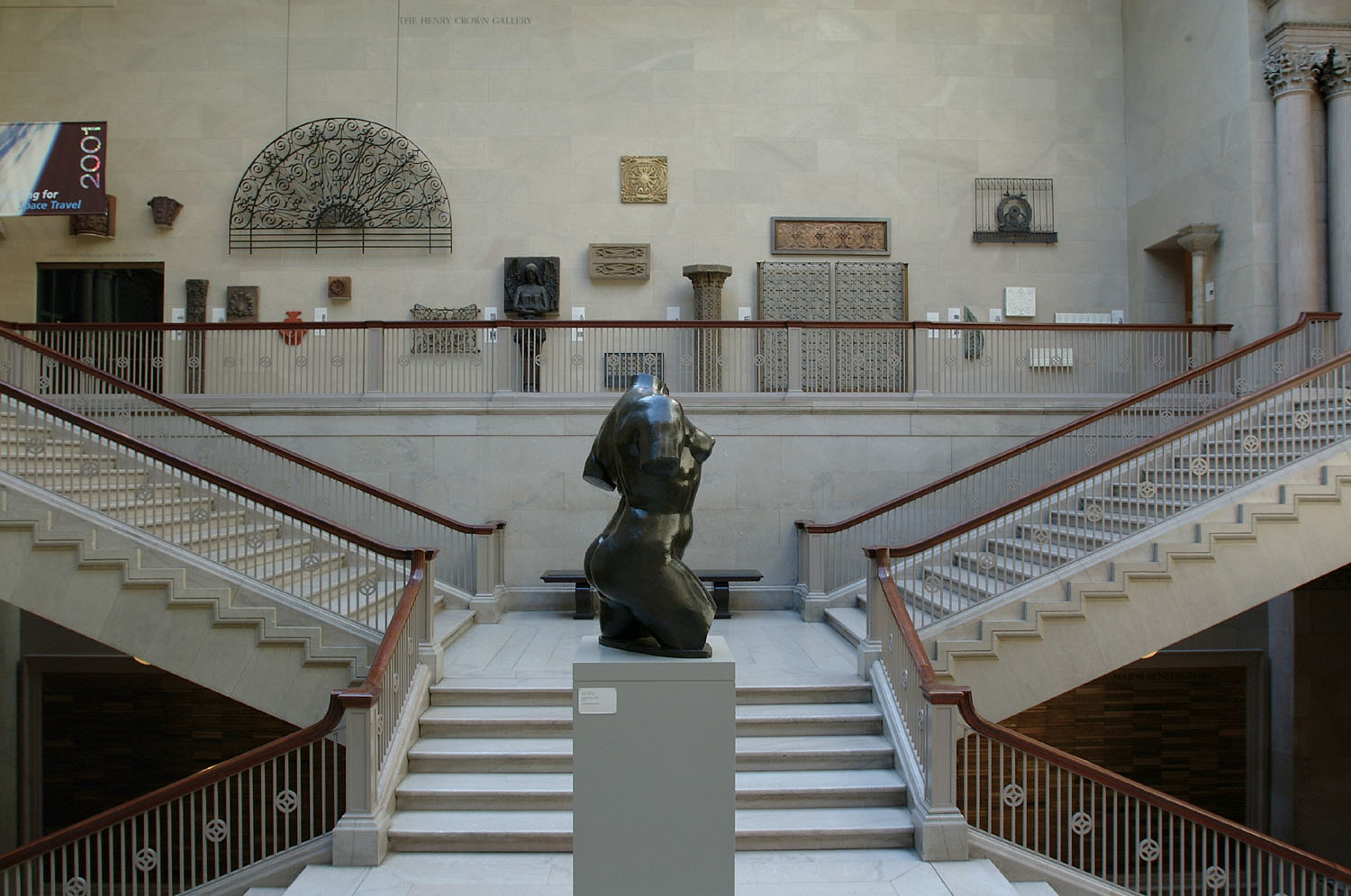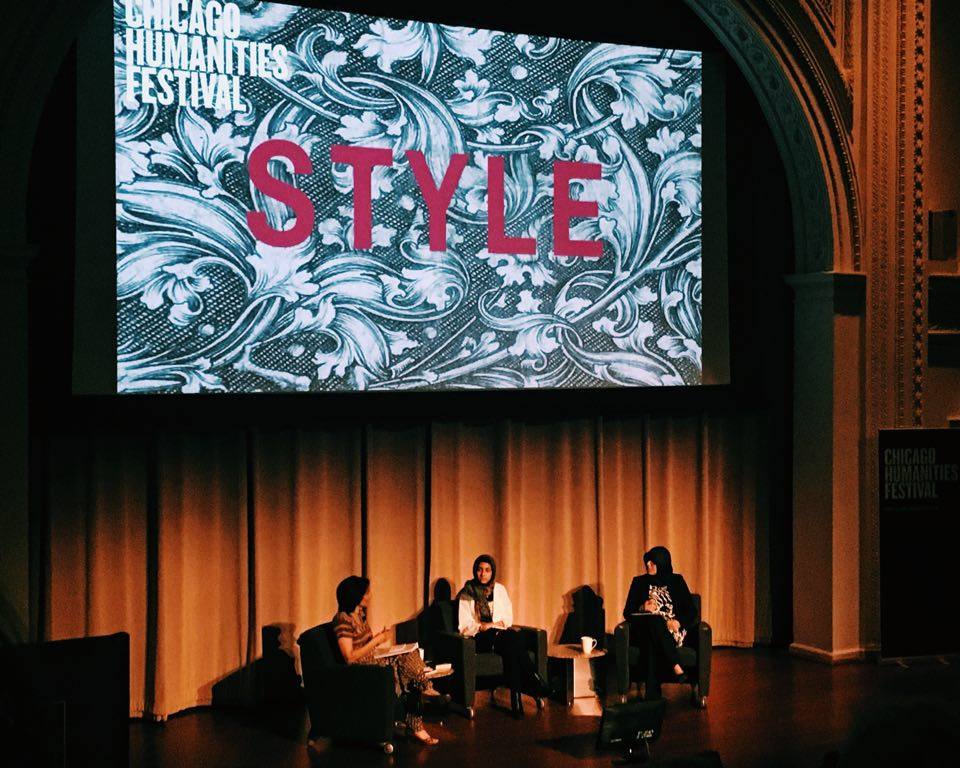She wants to discuss ISIS, but doesn’t want us to talk about the U.S. invasions of Iraq and Afghanistan that worked to destroy and destabilize the region, directly leading to the creation of ISIS.
She calls on those in power to “wake up” and increase surveillance of Mosques, yet fails to note that the majority of terrorist activity in the U.S.is conducted by white men. And this doesn’t even count the countless police shootings across the country.
Asra’s position garners such heavy support in the West because she conveniently lets her predominantly Western audience forget their direct implication in the oppression, violence, and power imbalances that plague the world (including within the USA and Europe as well).
In addition to her ideology that consistently renders those who wear the hijab as backwards and oppressed—at time of heightened Islamophobia globally, no less—Asra uses her public platform to vilify hijabi women. For example, when one of Asra’s male followers on Twitter criticized my choice to wear the hijab, instead of defending my choice to do so (as she so claims to support free choice), Asra had the audacity to compare my views to ISIS and Boko Haram despite the fact that these groups have killed more Muslims like myself than any other group of people. Asra has promoted harassment towards anyone who dresses like myself, in turn encouraging and justifying violence against us. These comments, while simply incorrect according to countless academic studies and institutional data, only contribute to amplifying surveillance and racial profiling in Muslim communities and perpetuate hate and violence towards hijab-wearing Muslim women in the USA.
Not to mention that Asra’s views are rooted in Orientalism: a particular Eurocentric lens through which I, and people like me (Muslim, from the Middle East/West Asia, etc) are, reconstructed and redefined in order to be strategically silenced, ignored, and murdered. If you follow me on any social media (specifically Twitter and Snapchat (hodakay) ayyy), you’ve probably seen me sharing photos of #bae Edward Said, a Palestinian thinker and scholar who wrote the book on Orientalism (and in a surprising turn of events titled his book Orientalism, too). He writes:
“In short, Orientalism [is] a Western style for dominating, restructuring, and having authority of the Orient.”
Western literature and thought, he maintains, creates and perpetuates the archetype of a docile and submissive Muslim woman due to her religious leanings, and renders Islam as a homogeneous, controlling, and backwards institution. Western media strongly associates Islamic clothing—more precisely the women’s hijab—as an oppressive instrument designed to render women as submissive beings. (This is also wrought with patriarchal tendencies of obsession with women’s bodies and how they chose to dress) Therefore, according to this logic, the more a woman covers her skin and dresses in accordance with such widely-held interpretations of Islamic faith, the more “backwards” and “submissive” she is consequently depicted. And the more “backwards” someone is described, the more reason to go and “save” them, right?
Oh p.s., just to be clear, by “save” here we mean the Western definition of “saving” people, which history has shown us translates to bombing, destroying, raping, exploiting, and humiliating and entire population.
Saba Mahmood calls this a sort of colonial feminism: using the veil as the symbol of ultimate oppression and therefore requiring a Western colonial and imperial project of liberation.
AKA, using the lens of Orientalism for a particular political end.
Speaking of political ends, a month before speaking on the panel with me, Asra testified to the House Committee on Homeland Security (which provides “Congressional oversight over the Department of Homeland Security”) (which, she avoided addressing when I brought it up at our panel discussion) that the hijab is on “the conveyor belt to radicalization,” and that “poor women come to believe that to be pious…you must look at the world through this netting,” while holding up a burka.
Despite the fact that these comments are drenched in Orientalism, her position suggests that millions of women are brainwashed by men and none of their own choices are the result of their own decisions, desires, and understandings. Super feminist, right? Moreover, extending this forced hijab to encapsulate every single one of the 1.6 billion practicing Muslims in the world is a glaring logical fallacy. Standing against mandatory hijab in Saudi Arabia does not mean fighting for increased surveillance and vilification of hijab-wearing women in the USA who chose to do so.
And before that, in December of 2015 after Trump announced his plan to ban all Muslims, Asra was brought to Bloomberg to respond as the token Muslim opinion. After being asked how Muslims feel about Trump after these comments, her response was, and I quote,
(update: the video has been taken down days after this piece was published. Wonder why.)
“Sadly, a lot of the Muslim lobby and special interest groups take these moments like this to cease on an opportunity to claim that this is a country that is anti-Muslim and you know, I don’t feel that way.”
Plainly and clearly, with one swoop of her verbal eraser, Asra attempted to erase the very real experiences of hundreds of thousands of Muslims who have been victim to Islamophobia across the country, and continues to encourage the viewers to “stop worrying about offending anybody” in order to deal with this situation. Currently, this clip has been widely shared among Trump supporters, with one commenter calling Islam a “cancer,” and another claiming that “napalm is the answer!”
Asra is not only provoking violence and hatred, but she is denying our experiences and pains in this country as Muslim women who choose everyday to wear the hijab. Doing so is deeply problematic, offensive, and simply false. A survey conducted in the last year (before the shootings at San Bernardino) found that 55% of California Muslim students reported being subject to faith-based bullying. Doctors around the country have seen a rise in mental health issues such as depression, anxiety, image issues, and paranoia among Muslim youth.
But, if Asra doesn’t “feel that way,” then what are facts and statistics, right?
The foundation of feminism, all inter-sectional feminism at least, is the right for women to freely interpret and chose what they feel is personally liberating to them: whether that is shaving your legs or not, wearing a scarf around your head or neck or not at all. Feminism is about celebrating and uplifting women, not creating and defining flat, monolithic meanings and symbols for millions of women—or, say, constantly writing articles vilifying women’s choice to wear the headscarf and encouraging the constant online harassment of young Muslim, hijab-wearing women (such as myself). Much like any other faith or belief system, Islam is a pluralistic religion with a myriad of interpretations, understandings, and practices. Not all Muslim women wear the hijab, and not all who wear the hijab do so for similar reasons. The only thing that is relevant here is that someone has decided that the hijab has a particular personal significance to her, and we should respect her choice. It’s actually pretty simple.
And, one last point –
According to the countless blog posts and articles and emails and tweets and Facebook posts that have been used to harass me, I am characterized as very “angry” and therefore dismissed. I never feel compelled to reply seriously to hate/harassment/mischaracterization, but this is a common tactic used by Islamophobes, racists, and Orientalists alike to characterize particular minority groups–especially Muslims, Middle Easterners/Western Asians, Latinx people and Black people.
So, I want to say that yes, I am absolutely angry. Anger is righteous. Anger is powerful. Anger is valid. And my anger is justified. These topics are deeply personal to many people, including myself. On a daily basis, I have people on the street yelling Islamophobic comments on my commute. For me this is the new normal. Islamophobia has always happened to me and many other Muslim women wearing the hijab, but in the last several months, it has transformed from an occasional occurrence to a normalized part of my life.
So in a time like this, when we see Asra not only writing op-eds in top daily newspapers (and making money from doing so) harassing me and others by name and testifying in front of the government and telling them to watch me and my family and be suspicious of all those women like me becuase we are oppressed and backwards and on the road to terrorism…well, you can probably understand why I’m not skipping in fields of flowers and sunshine. (except for that one time on snapchat).
TL;DR:
Orientalism is not feminism
Denying the experiences of women who wear hijab is not feminism
My religious beliefs are not yours to homogenize
Anger is righteous
We’re going to keep doing our thing
Follow me on Snapchat (hodakay)


